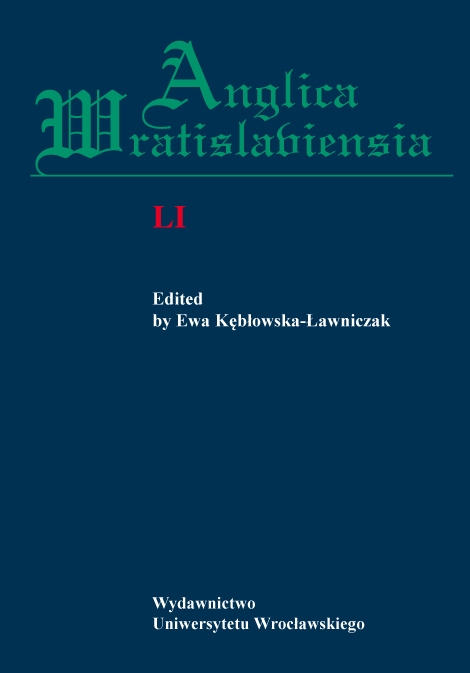

Applied Linguistics

For many decades different language teaching methods aimed not only at developing language competence but also acquainting language learners with the knowledge of history, literature, art and everyday life routines of the target language community. Rapid socio-economic changes such as the growing interest in academic and professional mobility as well as the development of tourism and international trade proved this approach to teaching culture ineffective. Nowadays L2 is used as a means of communication with native speakers of this language and, even more frequently, with speakers coming from backgrounds different from those associated with target language countries. Successful communication, therefore, depends on the ability to deal with linguistic and cultural diversity in a variety of social contexts. In order to help language learners become competent intercultural speakers, teachers need to adopt an intercultural approach, offering a dual focus on both linguistic and intercultural elements. This article aims to present a small-scale research study conducted among undergraduate student teachers of English who were requested to express their opinions about the role of culture and intercultural communicative competence ICC in language education. The results of the research indicate that although in most cases the subjects were able to provide an accurate definition of ICC, their perception of the role culture should play in a language classroom in some instances appeared to be based on the traditional approaches.